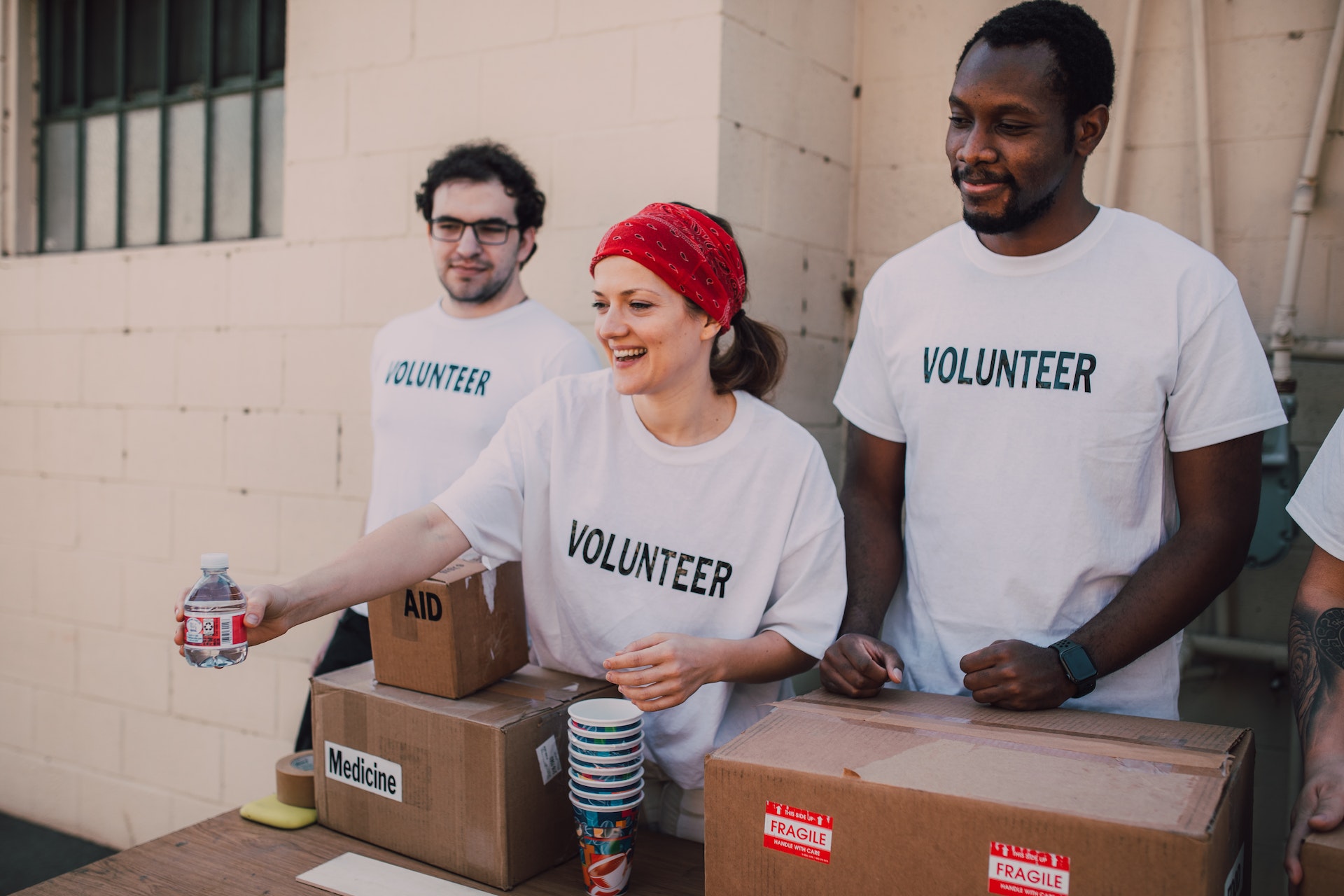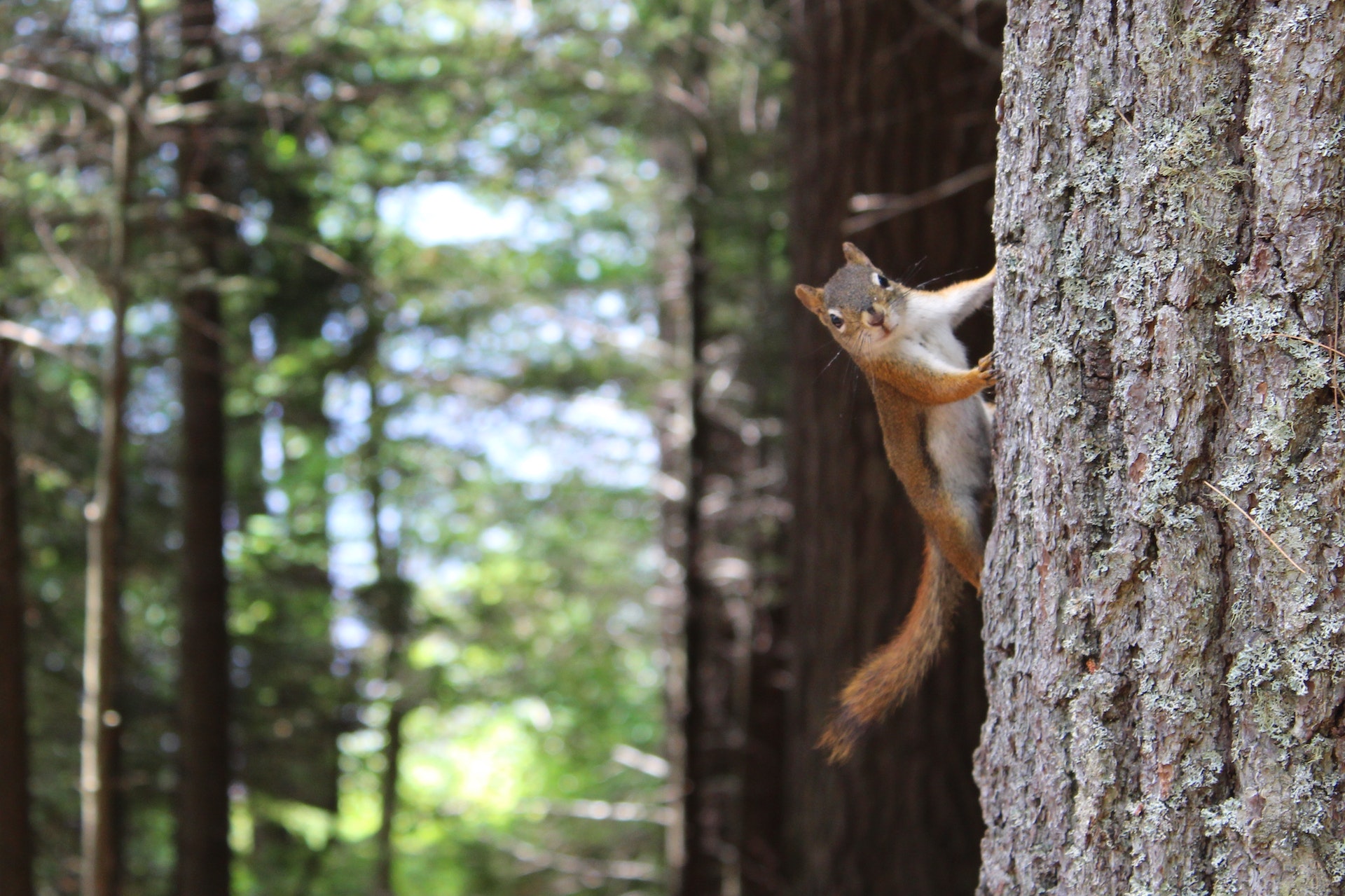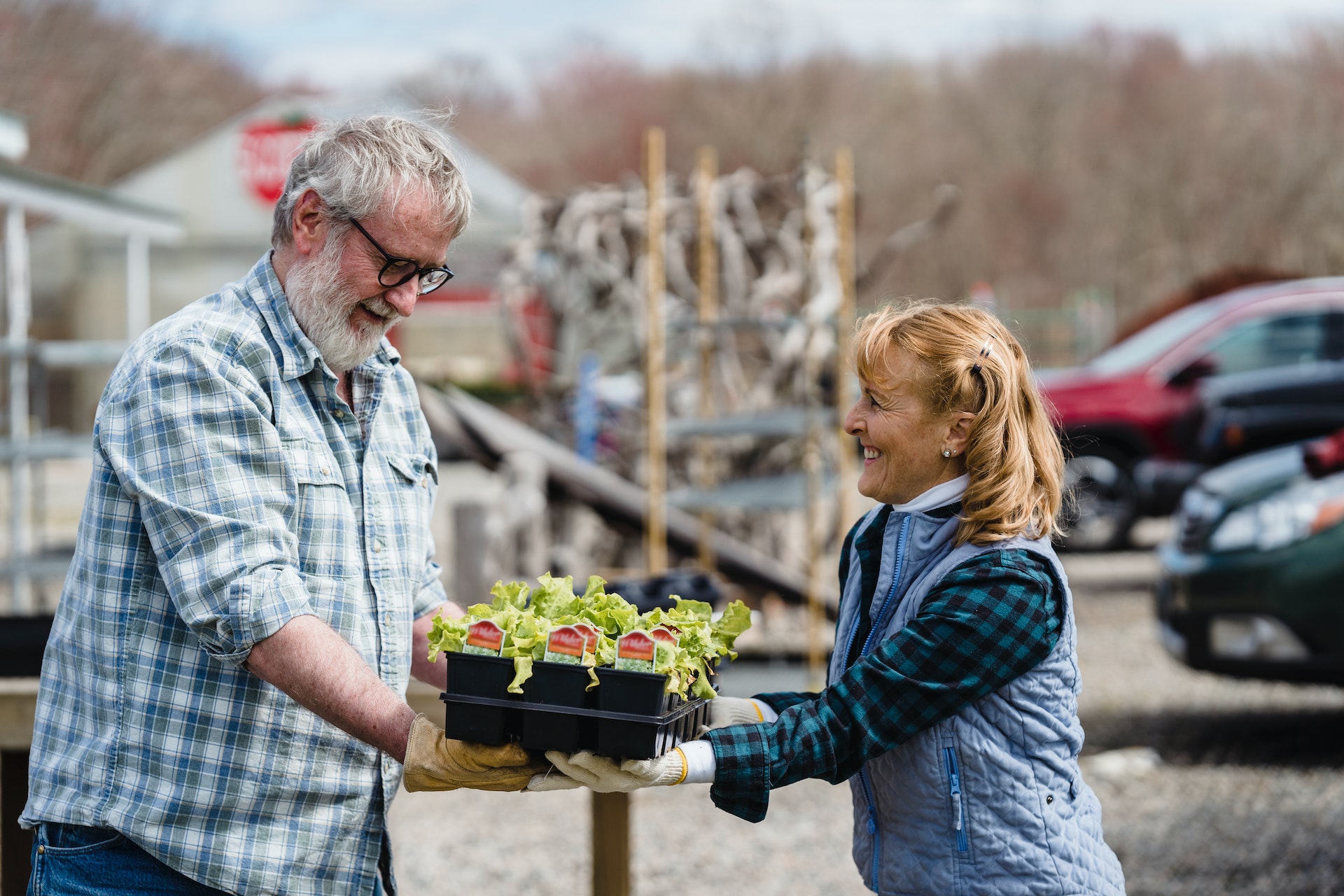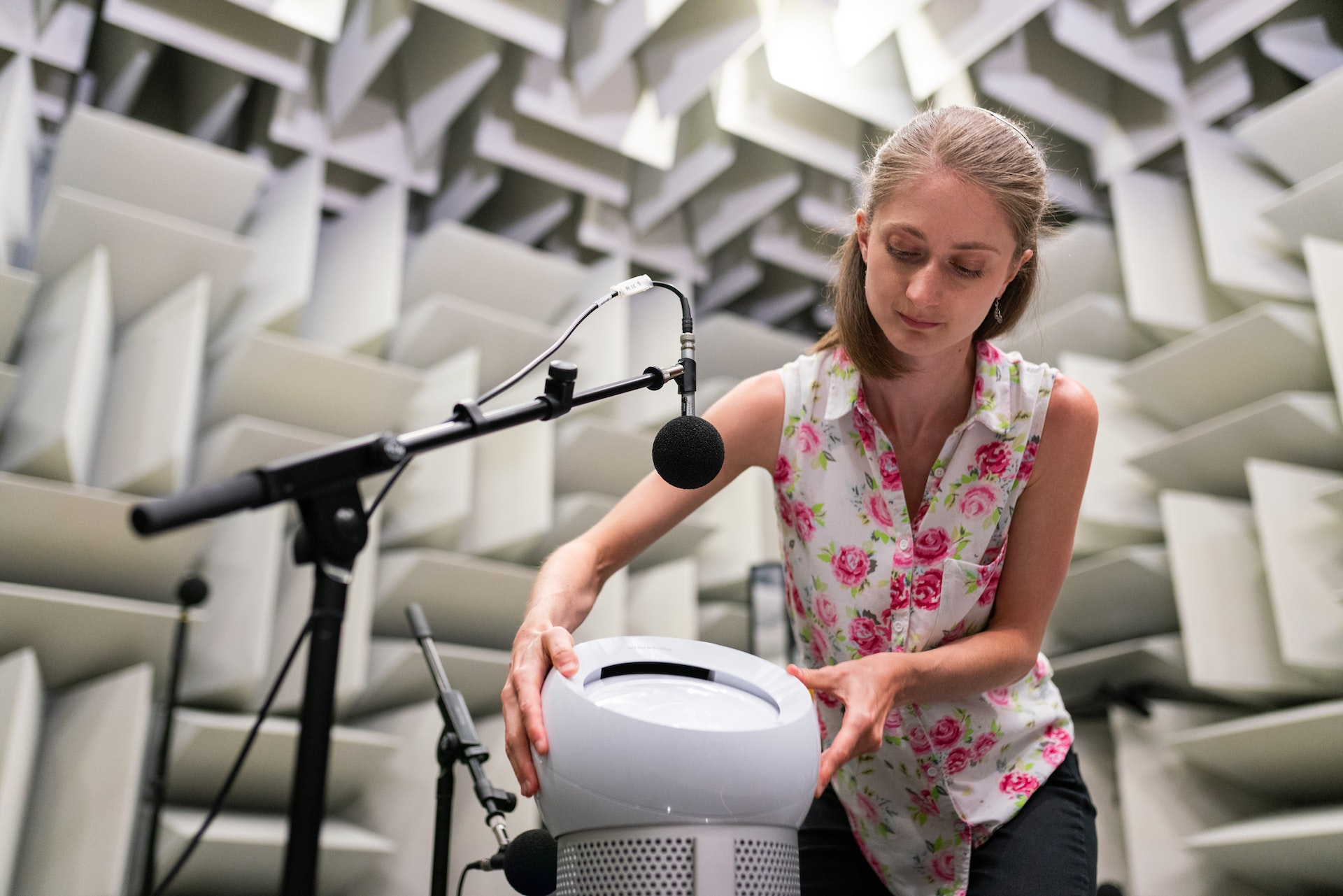
The Maine DOE is pleased to provide an open-source instructional program for first-grade classrooms.
This interdisciplinary, whole child-focused instructional program is adapted from Boston Public Schools’ Focus on First curriculum. 1st Grade for ME supports students’ learning and development in literacy and language, science and engineering, social studies, the arts, and social-emotional realms. The program integrates research-based instructional practices aligned to Maine’s Learning Results while it builds children’s agency as learners and citizens. Through its intentional and connected design, 1st Grade for ME engages student thinking and doing around various topics utilizing developmentally appropriate practices.
1st Grade for ME
Supporting Documents
- 1st Grade for ME Materials List
- Part 1 Design
- Part 2 Components
- Part 3 Tools
- Suggested Pacing Calendar
- Blank Pacing Calendar
Training Videos & Materials
Supporting documents and unit lesson plans for 1st Grade for ME are still in development.
Lesson Plans

Unit 1 - Building Strong Communities
At the beginning of the school year, there is much to do: routines are established, identities revealed, connections forged with families, skills assessed, and spaces defined.
Unit 1 supports the development of a strong learning community and begins the creative and intellectual investigations that will characterize the entire first-grade year.

Unit 2 - Animals Surviving and Thriving
In this unit, children can delight in, wonder about, observe, research, and act on behalf of animals. They consider behavior, body structures, habitat, survival, offspring, and how humans and animals interact (to imperil and benefit). This unit consistently toggles between Text Talk and Science and Engineering lessons to build understanding and vocabulary.
In Week 1, we ask, “What do animals do?” Children look at various animals and begin to develop a vocabulary to talk about their behaviors and bodies.
Week 2 focuses on the animals that live in an urban environment, those that can be observed directly; the ubiquitous squirrel becomes a topic of close study. Informational texts in this unit include books, slides, and videos.

Unit 3 - Resources in Our Community
Unit 3 is all about resources. Children build knowledge about the goods we consume and the people and processes that bring those resources to us. They learn about local resources and natural resources. And further, children explore services, people as resources, terms of exchange (money), places in our communities close by and far away where production happens, and why the choices we make as consumers matter. They meet people who work to ensure that our
acquisition of goods contributes to systems that are fair to the communities that produce them.

Unit 4 - Communicating with Sound & Light
In Unit 4, children build and harness scientific knowledge about how sound and light work. They ask questions about what they sense in their environment and about communication.
Weeks 1-3 - Learning focuses on sound
Weeks 4-6 - Children explore how each phenomenon is produced, can change or be changed, and is used by people and other animals.
Children draw on their knowledge of animal structures from Unit 2 and their own experiences in the world to ground these otherwise hard-to-reach understandings.